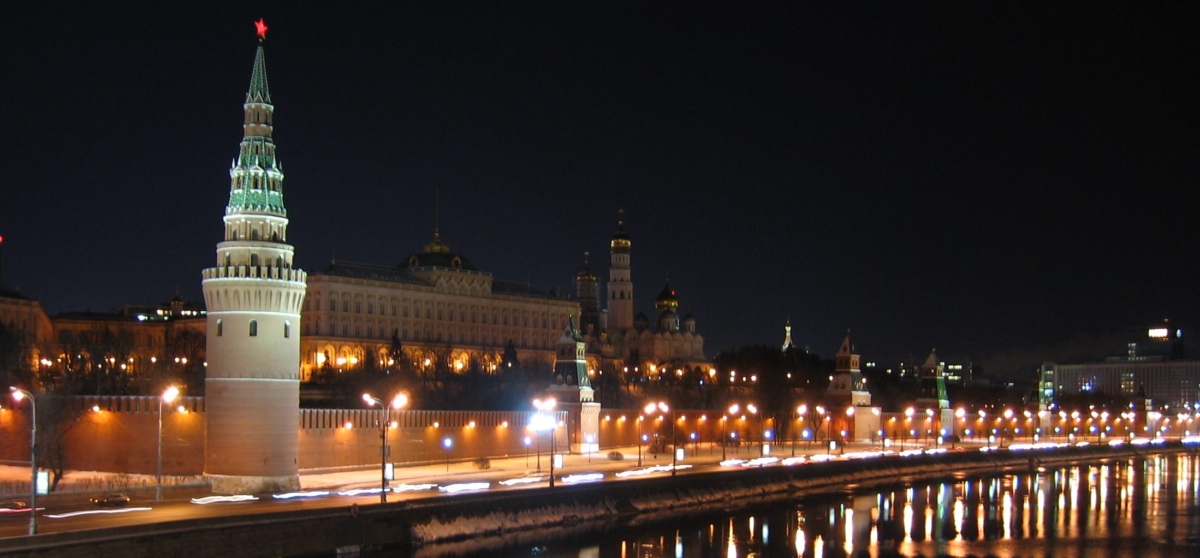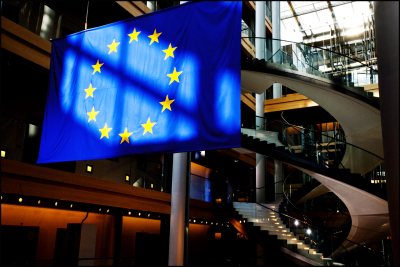The level of Russian influence on US politics is at the top of the political agenda in Washington. Multiple Congressional committees are investigating the connections between the Trump campaign and Russia with former FBI chief Robert Mueller having been appointed as special counsel to shed more light on any connections. According to US intelligence it is looking more apparent that Russia interfered in the 2016 elections. In Europe, it seems that Emmanuel Macron’s presidential campaign was also the target of Russian hacking and fears have been voiced in several other Member States including Germany.
In light of increased foreign interference, Transparency international Russia has analysed Russian lobbying in the EU and published a first-ever report on the issue. The report examines Russian lobby practices in 13 EU countries and in the EU as a whole, based on lobbying disclosures. This comes at an all-time low in EU-Russia relations reflected in the 44% drop in trade since 2014. Falling demand for commodities and several rounds of sanctions and counter-sanctions imposed since the annexation of Crimea have all contributed to this slump. But it is the alignment of Russian interests with that of European populist parties and the Russian government’s aggressive disinformation policy that have further complicated matters for Russian corporate interests. To the point where they are often perceived as “agents of the Russian government”. These factors push Russian companies away from the public promotion of their interests, resorting instead to camouflage or even hide their lobby activities. Since the EU remains Russia’s largest trading partner, the report seeks to highlight how Russian corporations manage to achieve their aims while avoiding publicity as much as possible.
One of the most common forms is to merge Russian interest representation with that of well-established EU-based organisations. In Austria for example, the oil & gas giant OMV lobbies the government for the expansion of the Central European Gas Hub, for which it has a joint stake with its Russian counterpart, Gazprom. Both in Germany and France, trade associations active in the field of energy (Zukunft Erdgas e.V & the Association française indépendente d’électricité et du gaz) declare many Russian organisations among their members even though most of these organisations are not themselves registered.
Letting professional consultancies handle lobbying is another way of reducing visibility. This is particularly true at EU level where declared lobbying activities by Russian organisations are surprisingly low. The EU Transparency Register only lists 16 organisations from Russia and a combined lobby expenditure of just 3.3 million Euros.
List of Russian organisations on the Transparency Register:
| Organisation Name | Lobbying Expenditure* | EP Passes | Lobbyists (FTE) | # of Meetings | Registration Date |
| Gazprom | 900,000 | 9 | 4 | 7 | 13/03/2014 |
| The Joint Institute for Nuclear Research | 900,000 | 0 | 47.5 | 0 | 23/07/2015 |
| LUKOIL | 400,000 | 4 | 2 | 0 | 28/07/2011 |
| Non-Profit Partnership ESVERO | 300,000 | 0 | 0.5 | 0 | 26/01/2017 |
| JSC “Inter RAO UES” Representative office in the territory of the Kingdom of Belgium | 200,000 | 1 | 1 | 0 | 25/01/2012 |
| Novolipetsk Steel | 200,000 | 0 | 1.25 | 1 | 21/11/2016 |
| Consulting Agency “Rumyantsev & partners” LLC | 100,000 | 0 | 3.5 | 0 | 18/04/2016 |
| Kaspersky Lab | 100,000 | 0 | 1.25 | 0 | 21/01/2015 |
| Association of “Russian vodka” producers | 70,000 | 0 | 0.25 | 0 | 20/04/2017 |
| Moscow State Pedagogical University | 27,000 | 0 | 12 | 0 | 02/03/2017 |
| ACIG Group of companies | 25,000 | 0 | 2.5 | 0 | 30/12/2014 |
| Association of European Businesses | 9,999 | 0 | 2 | 14 | 18/12/2014 |
| Atomenergopromsbyt | 9,999 | 1 | 3.75 | 1 | 19/09/2016 |
| Coleman Services UK | 9,999 | 0 | 0.25 | 1 | 13/03/2017 |
| JSC Atomenergoprom | 9,999 | 0 | 0.25 | 1 | 20/09/2016 |
| Private institution of Atomic Energy Power Corporation Rusatom International Network | 9,999 | 1 | 0.25 | 0 | 23/12/2016 |
These numbers fall far below expectations considering that Russia is the EU’s fourth largest trading partner. In comparison, Norway, which has a just over half the trade volume with the EU that Russia has, there are 81 registered lobby organisations with a combined annual budget of 14.5 million Euros.
Transparency International Russia’s report focusses on two consultancies representing Russian clients, but we found 11 additional ones that either declare Russian clients, provide consultancy services in Russian or have subsidiaries in Russia. Although they might not directly lobby on behalf of Russian companies, a further 74 non-Russian organisations on the Transparency Register indicate “Russia” among the topics they lobby on.
At Transparency International EU, we agree with our Russian colleagues: the lack of transparency around lobbying activities is a problem both for the EU and Russia. Enhancing lobby regulation in EU countries and at the EU level is key to ensure that decisions are taken in the public interest. With 8 of the 28 current Member States still heavily reliant on gas imports from Russia this is a pressing matter. Adopting a mandatory register and publishing lobby meetings of all three EU institutions would ensure that the public can scrutinise decisions on energy supply for example. Regrettably however, it seems that this is not what the EU institutions currently have in mind for the “mandatory” EU register.
At the national level in Member States the situation is even worse. In our 2015 report on lobbying in Europe, we deplored the low quality of lobbying regulation throughout the EU. Though the situation has evolved in some countries, it is high-time for all EU countries to introduce registers based on our international standards for lobbying. This would push interest representation, including of Russians, out of the shadows.
Despite the shortcomings on the side of the Europeans things look gloomier on the Russian side. There is a complete lack of domestic regulation on lobbying. No transparency of lobbying efforts by Russian organisations – be it at home or abroad – which can lead to a sense of impunity. And a situation where the influence of Russian companies happens almost exclusively in the shadows.
* Lobby spending in EUR. Please note that the data reflects spending as reported at the time of retrieval but can reflect prior financial years. In the absence of notable update by registrants, we deem this reported spending to remain applicable for subsequent years.






